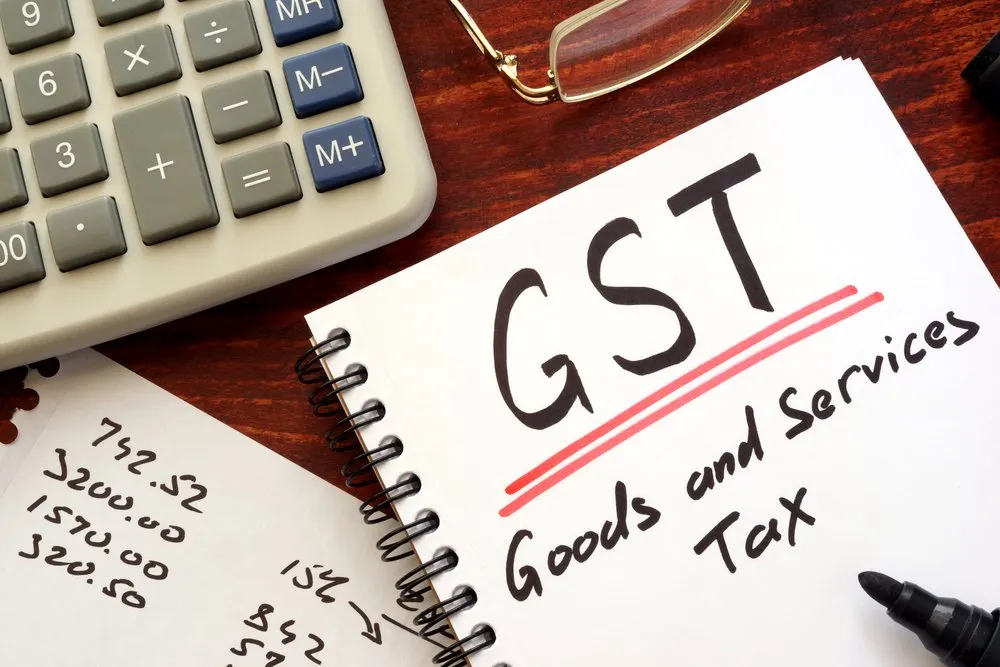Introduction
Is there GST on NFTs in Australia?
The ATO hasn’t been very clear on this. But a recent case might change everything.
The Commissioner decided that an NFT project was liable for GST on the supply of NFTs to all purchases where the NFT project founders are based in Australia.
Unfortunately, private rulings don’t provide all the facts and make it difficult to draw full conclusions. However, there is significant cause for concern here.
Do you have to pay GST on NFTs in Australia?
The ATO hasn’t put forth any specific legislation or guidelines regarding GST and NFTs. The way GST applies usually depends on the nature of the goods or services provided.
However, the ATO has provided some guidance on how cryptocurrencies are taxed. The ATO views cryptocurrency as a form of property and an asset for capital gains tax (CGT) purposes. This could potentially extend to NFTs since they are a form of crypto-asset, but there could be different rules based on their unique nature and uses.
If you’re dealing with NFTs in Australia, it would be best to consult with a tax advisor who is familiar with the latest regulations and tax laws.
Risks for non-compliance
We also note that a project’s non-compliance with GST obligations can have other ramifications. This can include triggering personal liability for company directors under the Director Penalty Notice regime.
Case Study
What happened in Private Binding Ruling PBR 1052019397141?
The facts of the ruling are summarised as:
- The creator was an Australian company that carried on the business of creating and issuing NFTs.
- The Australian company was at least partly owned by a foreign individual.
- The Australian company contracted a foreign individual to create, develop and launch the NFTs – the Australian company did not mint the NFTs themselves.
The ATO concluded that:
- Despite a foreign person issuing the NFTs, they were connected to Australia and therefore subject to GST; and
- There was insufficient evidence to show that the NFTs were supplied to non-residents (which would make them GST-free).
The result is that the project was required to pay GST which they likely did not expect. However, we note this issue is yet to be considered in a binding way by the Courts or by the ATO in any public guidance, and both conclusions have scope to be challenged.
Analysis of the case study
The conclusion that a foreign entity launching a smart contract to mint NFTs is connected to Australia, just because of an associated entity in Australia, is highly concerning. Non-resident businesses who do not carry on a business in Australia should not be subject to GST on supplies of intangible assets to other non-resident recipients. However, Australian-associated founders that operate through a non-resident company should be wary of certain rules that operate to deem an offshore entity to have an Australian GST presence, including where the company has Australian premises, employs Australian resident employees, or has Australian resident directors.
Separately, it appears to be that the NFT project did not collect evidence to show that the buyers were not Australian residents. There is an important exemption from GST where intangible assets are sold to purchasers located outside (known as a GST-free supply). However, this can be particularly challenging for NFT projects, as most platforms do not collect personal data on where the purchasers are located.
The ATO has provided some guidance on what evidentiary requirements the Commissioner will accept when determining the residency of the recipient of a supply. In particular, the ATO notes that it is a requirement for:
- the supplier to have a business systems and processes in place to form a reasonable belief that they are supplying to an offshore consumer; or
- the supplier has taken reasonable steps to obtain the relevant information to confirm whether their recipients are Australian consumers.
What steps should NFT founders be taking?
NFT project founders from Australia should immediately seek tax advice to confirm if they are liable for GST. They can reduce the GST risk by either:
- Not having an Australian association for the NFT issuance, which may prove too difficult; or
- Prepare evidence that the recipients are not in Australia.
For many NFT projects, the recipients will be located all across the world, though documenting this can be very difficult. Generally, the ATO requires at least two pieces of non-contradictory evidence that support the conclusion that the recipient has their residency, usual residence, permanent address, or similar term at a particular place or jurisdiction outside Australia.
These two pieces of non-contradictory evidence may include:
- the recipient’s billing address, mailing address or location detected through tracking/geolocation software
- the recipient’s banking or credit card details, including the location of the bank or credit card issuer being outside of Australia
- the recipient’s web-based country selection is for a country other than Australia
- the IP address of the device used to make the purchase indicates that the recipient is outside of Australia
- the recipient provides a mobile phone or landline country code that is for a country other than Australia
NFT project founders with Australian connections should seek immediate tax advice on their potential GST liabilities and to manage this risk before the ATO starts auditing these businesses.
This material is produced by Cadena Legal, an NSW registered legal practice. It is intended to provide general information and opinions on legal topics, current at the time of first publication. The contents do not constitute legal advice and should not be relied upon as such. Contact us here.





